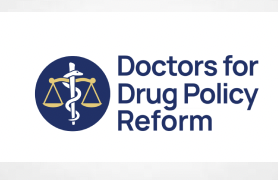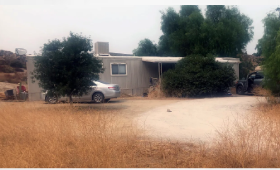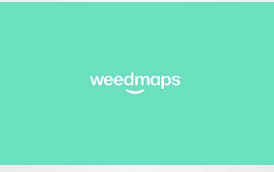Hemp Gazette
A loophole in the definition of hemp in the U.S. 2018 Farm Bill has allowed for hemp-derived and non-intoxicating cannabidiol (CBD) to be manipulated into intoxicating cannabinoids such as delta-8 tetrahydrocannabinol (Δ8-THC). This has led to the proliferation of intoxicating cannabinoids being widely available – including from gas stations – and states scrambling to try and figure out how to stuff the genie back into its bottle, or at least ensuring it’s better behaved.
6615831194d479c5859f572e_Hemp derived minor cannabinoids_FINAL_3.24.24.docxThere have been multiple calls from various bodies for regulation or banning of hemp-derived intoxicating cannabinoids, including from a collective of 21 attorneys general who recently urged the Committee On Agriculture to tighten up the definition of hemp in the new five-year reauthorization of the Farm Bill.
More recently, Doctors for Drug Policy Reform (D4DPR)* have weighed in on the situation in a position paper. Simply put, the organisation says:
“Our stance at D4DPR is that all intoxicating cannabinoids should be subject to a regulatory framework to ensure public safety.”
The organisation’s concerns are somewhat based on the precautionary principle.
“Our understanding of these compounds is limited; many have never been observed in nature and their toxicology is unknown.”
Furthermore, D4DPR notes reports of the presence of unknown THC isomers and other “undesirable” compounds in some products due to poor quality control.
Among its recommendations:
- Implement a regulatory framework for all intoxicating cannabinoids, regardless of their source.
- Align regulations for minor cannabinoids with those in place for cannabis in states with legal medical and/or adult use programs.
- Encourage states without a regulatory framework for minor cannabinoids to develop such a framework as soon as possible.
D4DPR is also calling for the de-scheduling of cannabis at a federal level, which it says will eliminate confusion between hemp and cannabis, and establishing a minimal regulatory structure for adoption by individual states. D4DPR is not suggesting a ban, stating that outright banning such cannabinoids will result in a continuation of the failed war on drugs and lead to negative outcomes for public health.
The full position paper can be viewed here.
Read more
Doctors Call For Regulation Of Intoxicating Hemp Cannabinoids


















